The Scott Medal recognises Professor Bradley’s global leadership in earthquake science and engineering, including his development of advanced ground-motion simulation methods and his commitment to translating research into practical resilience for Aotearoa New Zealand and beyond.
“My vision for earthquake engineering is a future where quakes are just nuisances – people feel the shaking but generally resume life immediately, to a much greater extent than presently,” Professor Bradley says.
His models integrate vast geological and geophysical datasets to simulate earthquake ground motion with precision, identifying areas most likely to experience strong shaking. This enables engineers and policymakers to prioritise strengthening efforts, building safer and more resilient communities while managing costs.
Professor Bradley played a key role in the 2022 update of Aotearoa New Zealand’s National Seismic Hazard Model, which underpins national building standards and design codes.
Based in Te Whare Wānanga o Waitaha | University of Canterbury’s Civil and Environmental Engineering department, Professor Bradley co-founded and was a director from 2016-2024 of Te Hiranga Rū | QuakeCoRE, a national Centre of Research Excellence that takes a multidisciplinary approach to earthquake resilience.
“I think there is a relatively clear pathway to where earthquakes just become a nuisance rather than something that can be devastating. That’s not to trivialise the situation, but I don’t think it’s impossible to imagine a future where they are just a nuisance.”
After completing his PhD at UC in 2009, Professor Bradley joined GNS Science before returning to the university nine months before the 2010–2011 Canterbury earthquakes. He later spent a year in Tokyo, where he experienced the 2011 Tōhoku earthquake first-hand.
“These events gave me invaluable insight,” he says. “I was working with the best and brightest globally in the aftermath of these earthquakes. It was beneficial for expanding my horizons early in my career and certainly contributed toward my interest in building large research endeavours like QuakeCoRE.
“We have many of the technologies now to drastically improve the resilience of physical infrastructure, but we lack the cost-effectiveness and efficiencies to deploy them at scale, and also the resolution to understand exactly which areas and buildings are most at risk.
“It may take 50-plus years to realise this vision, but resilience is about improving, brick-by-brick on a daily basis – there are no quick fixes.”
Professor Bradley has raised more than $100 million in research funding, published over 500 technical papers, and achieved over 13,000 citations. In 2023, he received the UC Research Medal, recognising his sustained excellence and international impact.
Professor Bradley says the Scott Medal reflects a collective effort involving many national and international collaborators and credits his graduate students and New Zealand colleagues, who helped establish QuakeCoRE.
“It’s nice to see the continued recognition of the importance of world-leading earthquake resilience research, given New Zealand’s vulnerability in this regard.”
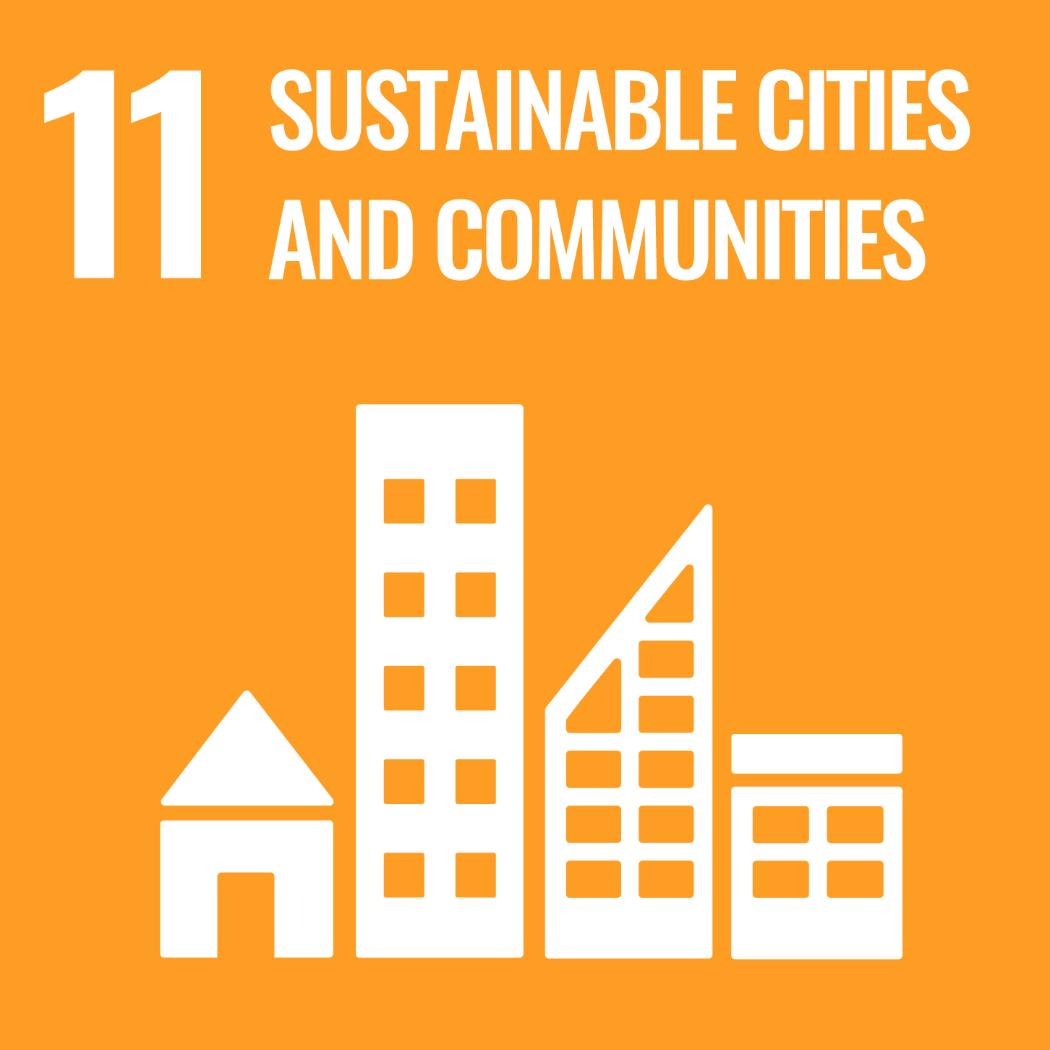

%20resized.jpg/_jcr_content/renditions/cq5dam.web.1280.1280.jpeg)

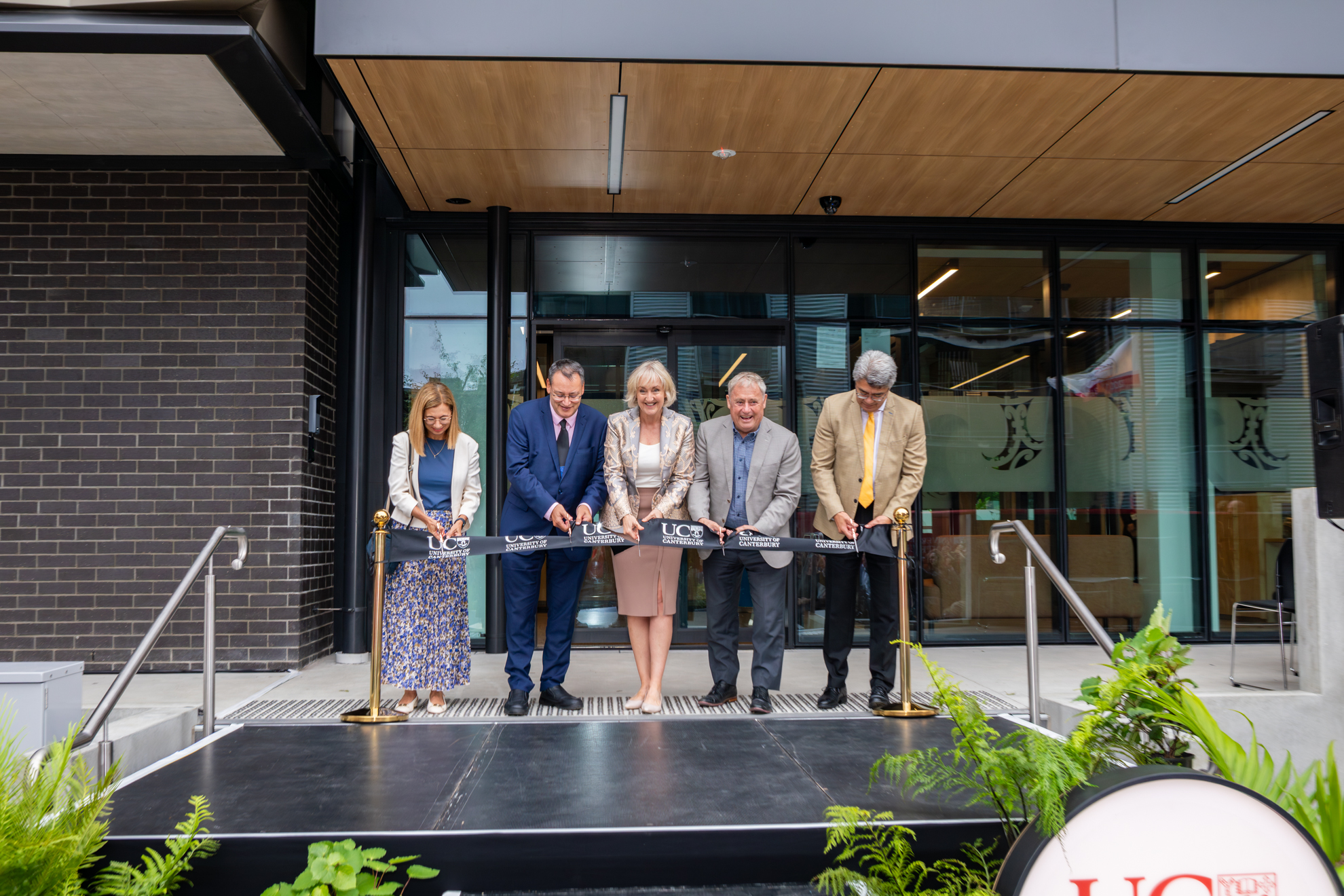
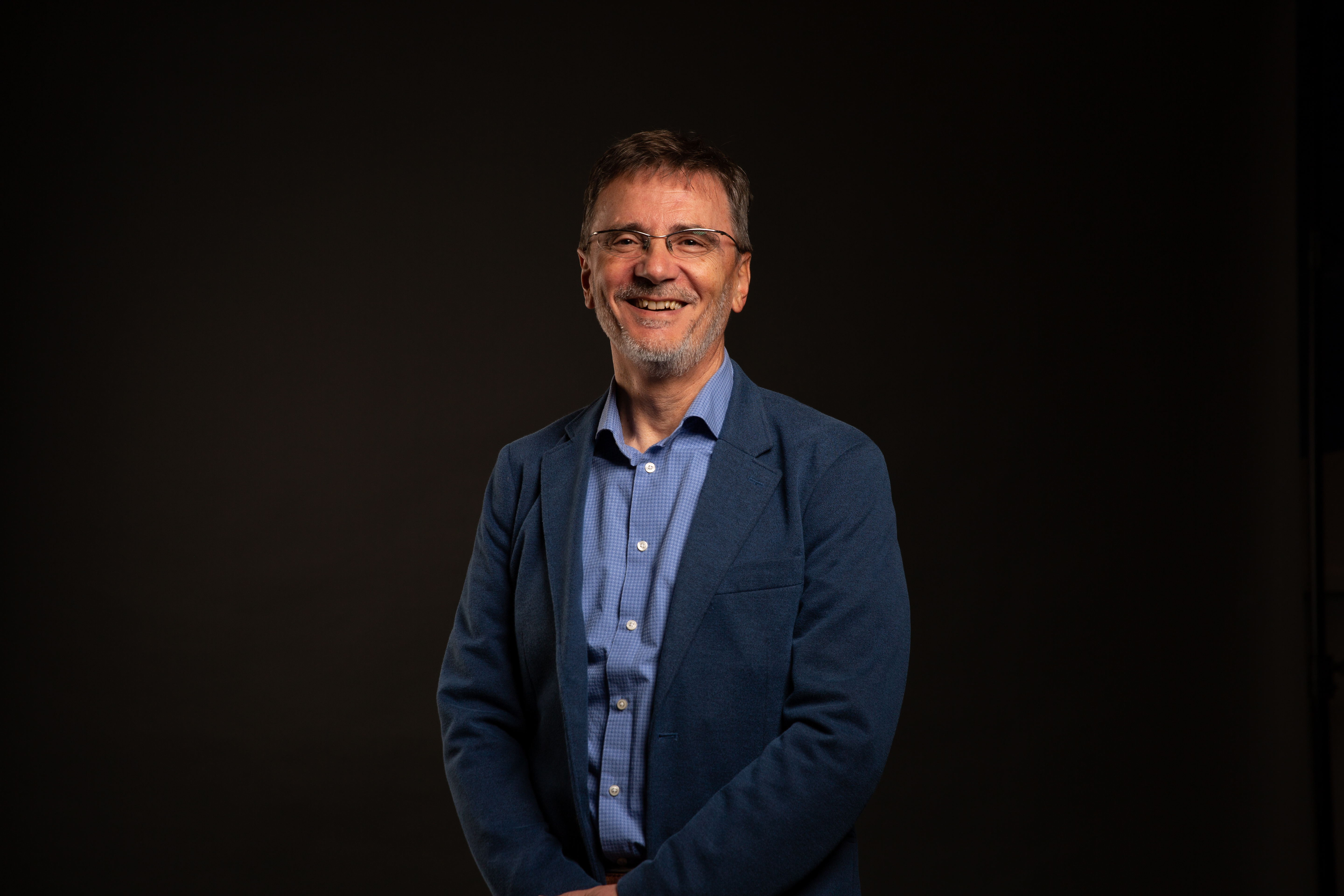
.png)
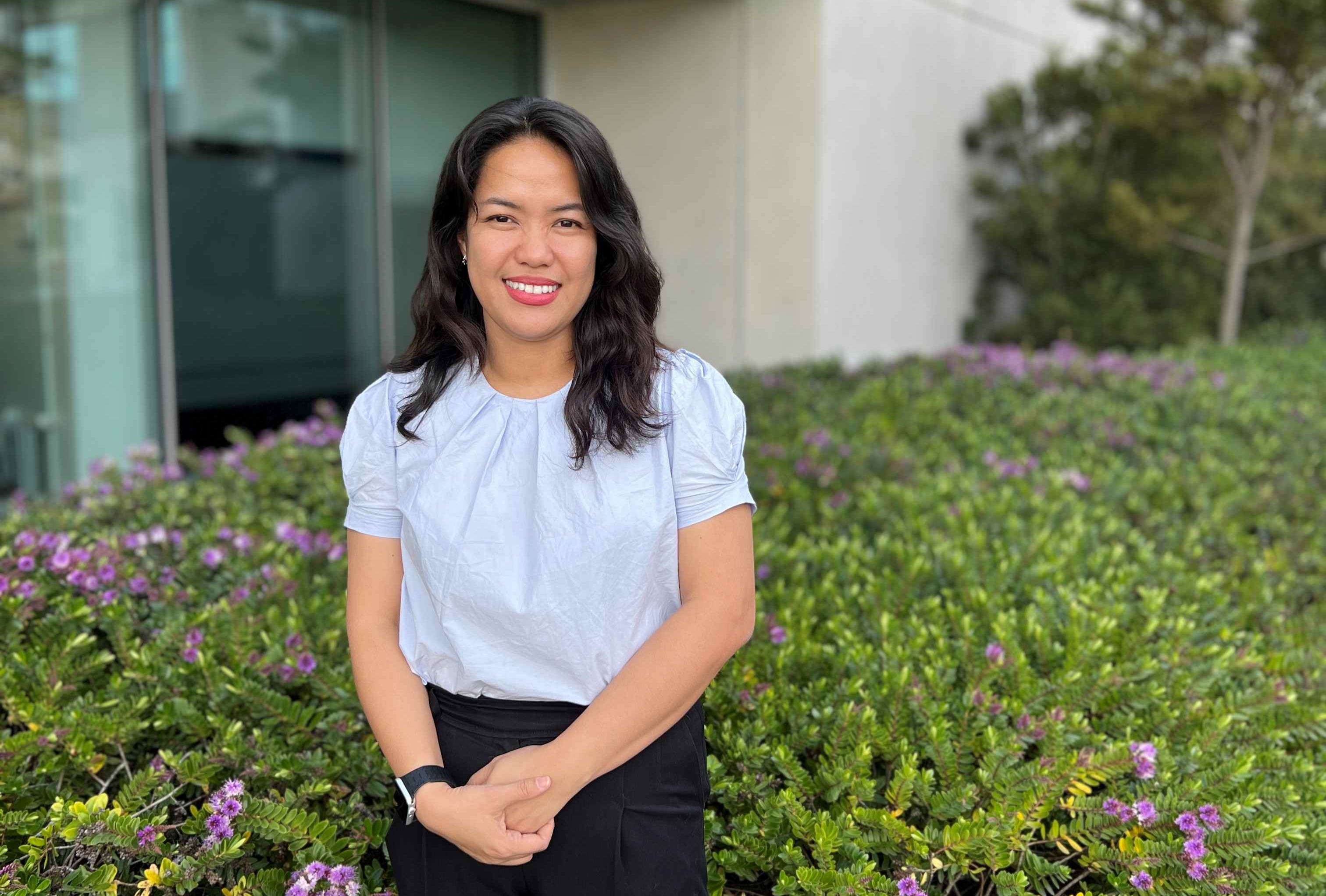
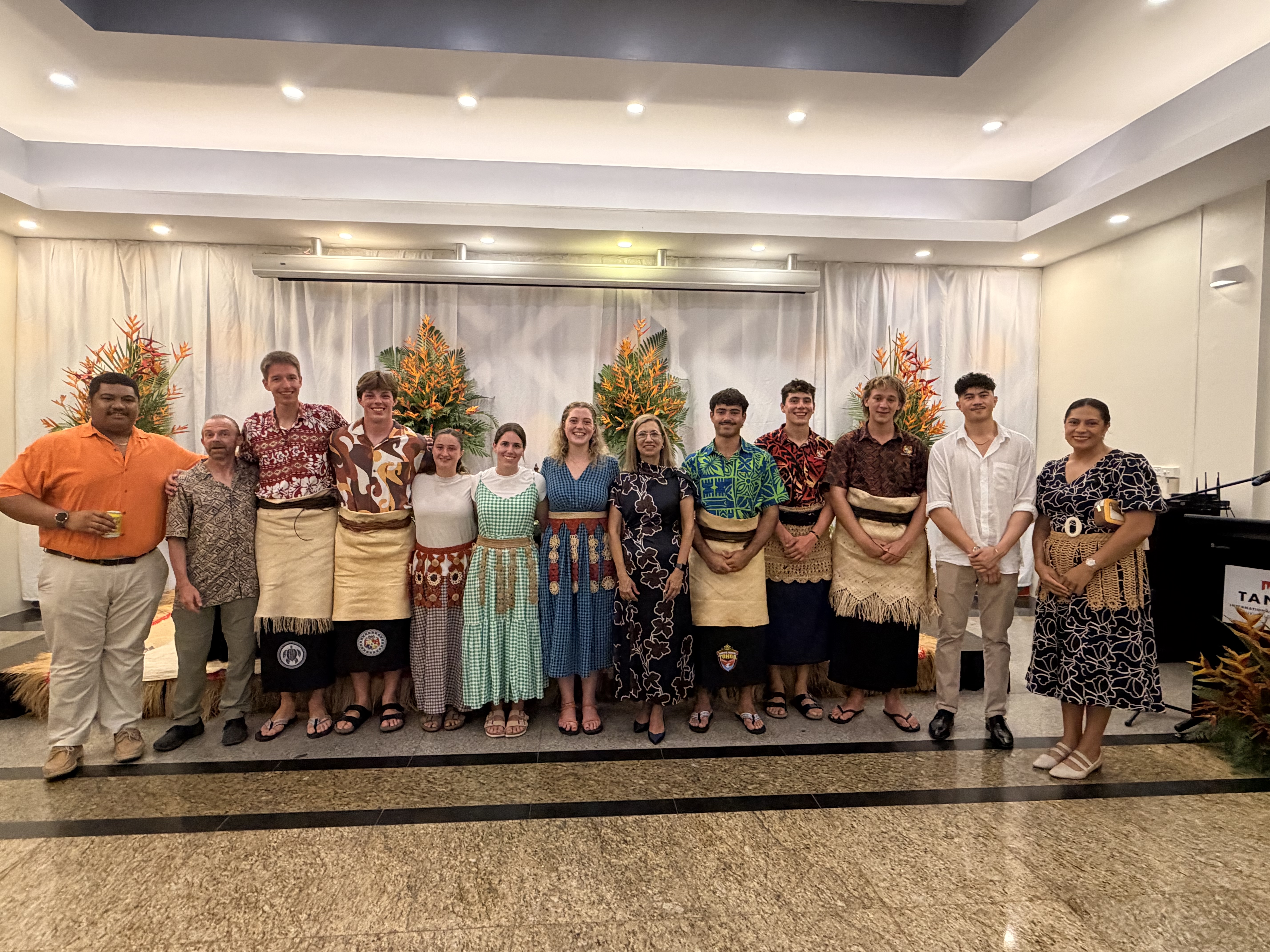
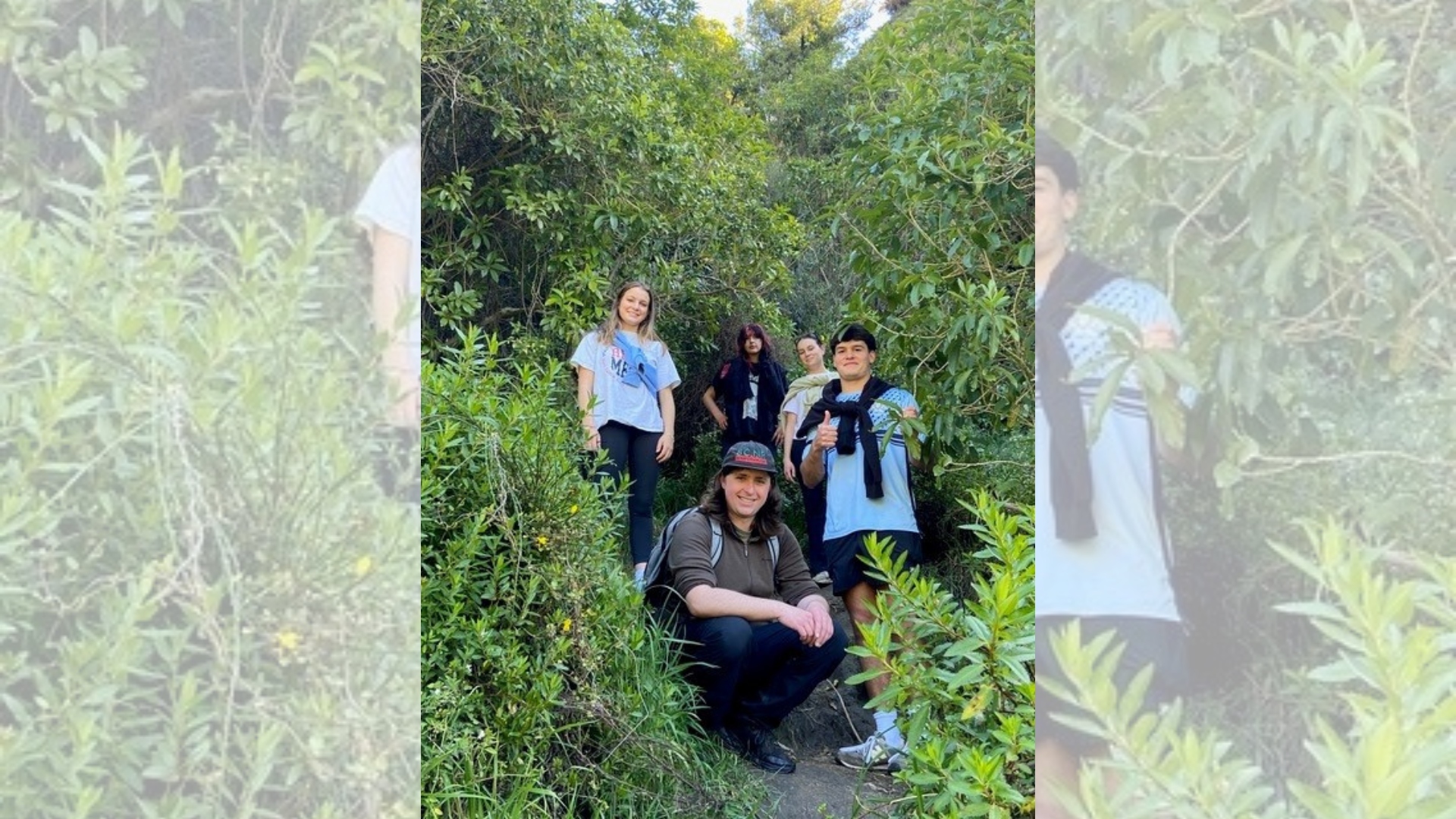
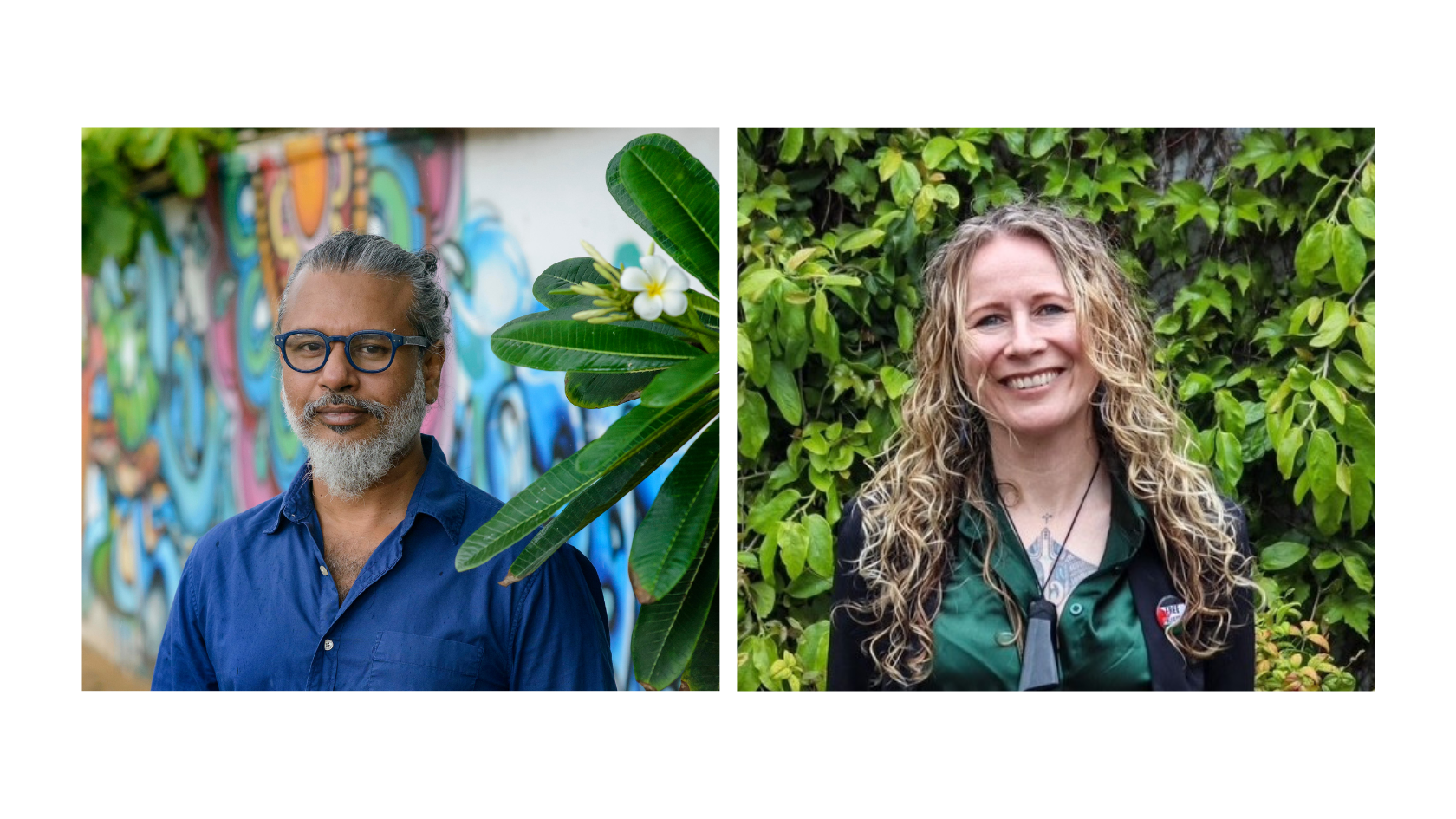
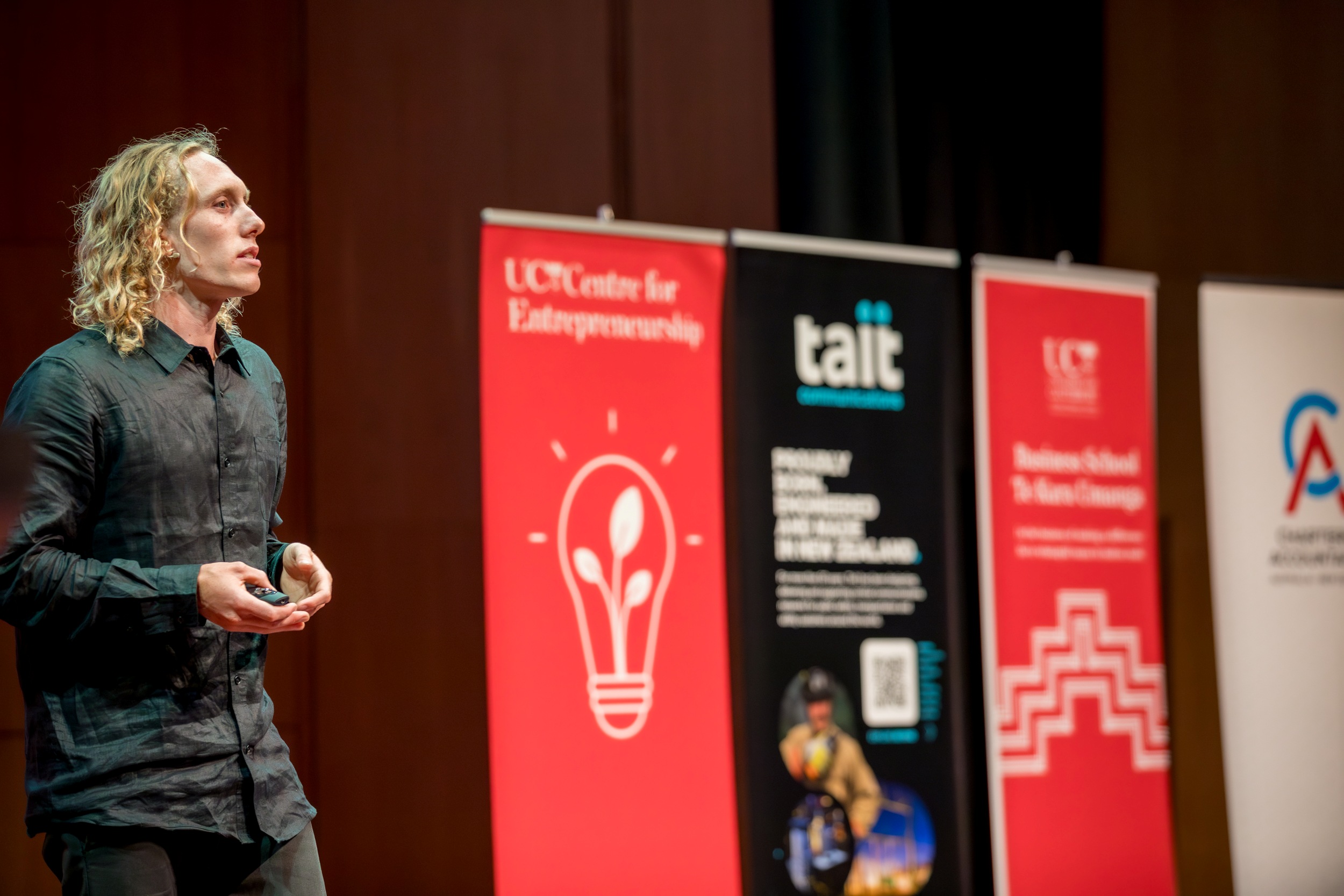
.png)